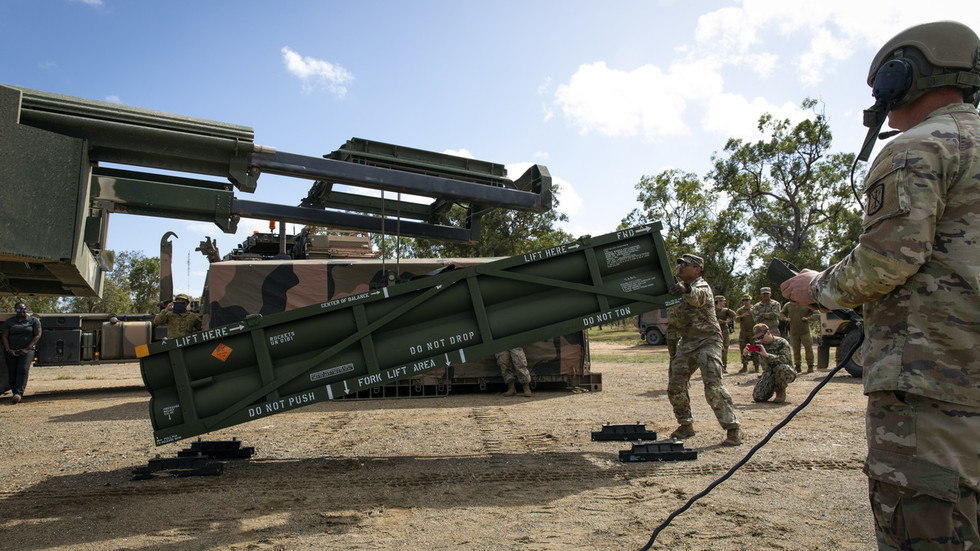Published On 24 Oct 2024
Israeli air raids pounded Tyre, an ancient coastal city in Lebanon which is renowned for its UNESCO World Heritage Site, leaving swaths of its centre in ruins.
Thick, black plumes of smoke were seen rising from several neighbourhoods on Wednesday after the Israeli military issued an evacuation order, claiming there were Hezbollah assets in the area without elaborating or providing evidence.
The buildings struck were between several heritage sites, including the hippodrome and a cluster of seaside sites associated with the ancient Phoenicians and the Crusaders.
The attacks caused “massive destruction and serious damage to homes, infrastructure, buildings, shops and cars,” according to Lebanon’s official National News Agency (NNA).
Bilal Kashmar of Tyre’s disaster management unit said seven buildings were completely levelled and more than 400 apartments in their vicinity were damaged.
The Ministry of Health said 16 people were wounded in Tyre, a 2,500-year-old city, about 80km (50 miles) south of the capital, Beirut.
Before Hezbollah and Israel started trading fire across the border last year, at least 50,000 people lived in Tyre, a vibrant city home to Christians and Muslims.
It was emptied of most of its population when Israel’s heavy bombardment in Lebanon began last month. Only 14,500 people remained there on Tuesday, Kashmar said.
There was a new exodus on Wednesday after the Israeli evacuation warning for four neighbourhoods. Emergency teams drove around the city, urging people to leave.
Civil defence teams helped transport the elderly and people with limited mobility “to safe areas”, the NNA reported.
Tyre is one of the oldest continuously inhabited cities in the world. It is home to important archaeological sites, mainly from Roman times.
Kashmar said there has yet to be a damage assessment for heritage sites.
UNESCO, the United Nations Educational, Scientific and Cultural Organization, said it was “closely following the impact of the ongoing conflict on the World Heritage Site of Tyre” using remote sensing tools and satellite imagery.

 4 weeks ago
9
4 weeks ago
9







